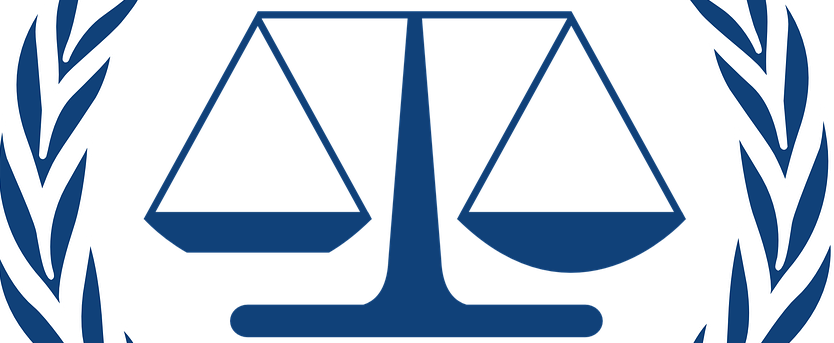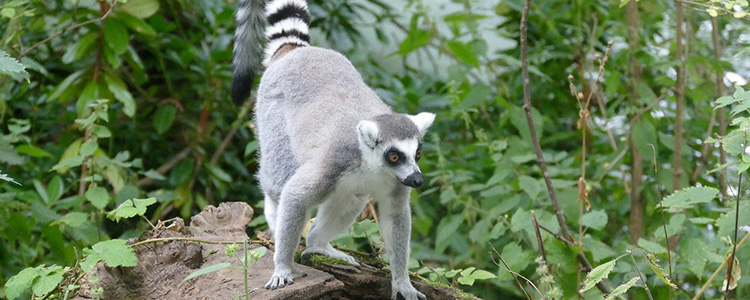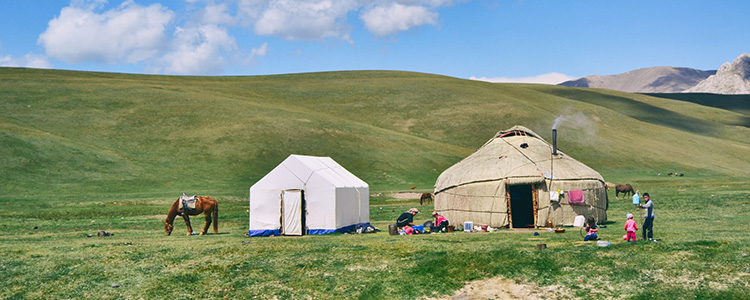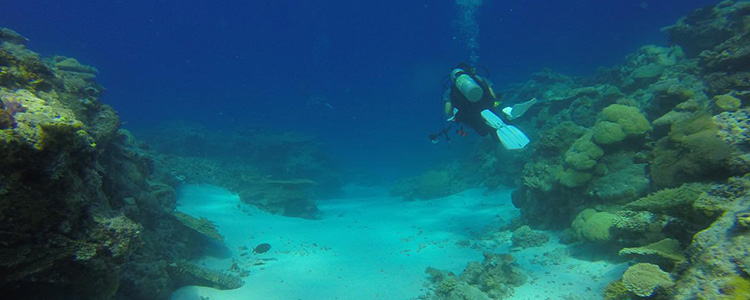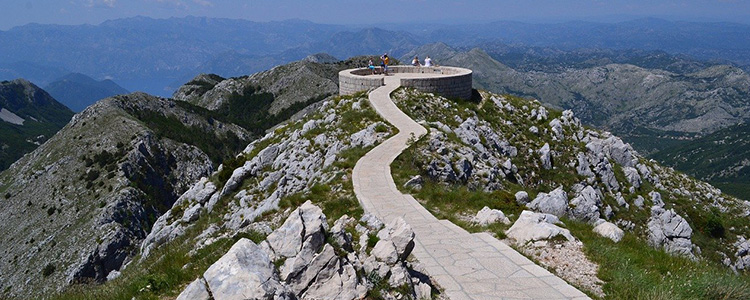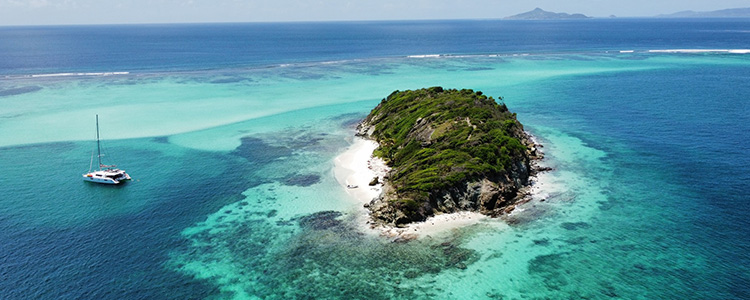Curacao : what are the best places, dishes, drinks en means of transport
Curaçao is part of the Dutch Antilles in the Caribbean area which also consists of islands like Aruba and Bonaire. It is a small island of just 10 miles across, compromising 160,000 inhabitants. Because of Curacao's colonial history it is culturally and demographically very diverse, boasting some typical Dutch cultural elements as well. The island has one of the world's most beautiful beaches with pearly white sand and crystal clear water. For the active visitor the island is a water sport paradise. If you plan on visiting Curaçao, have a look at this mini travel guide with tips and information about visiting Curaçao.
Highlights of Curaçao
- Snorkeling and diving: Curaçao's maritime world possesses a great biodiversity, with stunning coral reefs to explore. It is one of the most popular locations for diving in the Caribbean. You can also dive and swim with wild dolphins and other sea creatures.
- Kite surfing. The prevailing winds make Curaçao a popular kite surf destination. The season starts around March or April.
- Sailing. Curaçao is home to several international sailing competitions and is a very good sailing destination.
- Night life: from the African Tumba to the South American Merengue, Curaçao’s rich heritage plays a big role in its energetic music scene and nightlife. There are beach parties on a regular basis, but there are also enough bars and clubs where you can dance and party.
- Carnival: The annual carnival is the highlight of the year for many Curaçaoans. Streets are filled with vibrant colours and exotic music. The colourful event lasts for almost a month, and it is definitely a must-see!
- International Jazz festival: One of the biggest music festivals of Curaçao which takes place in September.
- Willemstad: From the floating market in the old town of Punda to the colourful houses along the Handelskade and amazing Antillian food at Marshe Bieu (the old food market). The capital of Curaçao has a rich history, lots of museums, shops, restaurants and beautiful architecture.
- Mambo-beach: This is probably one of the most popular beaches. As such it's pretty busy but also very well facilitated with cocktail bars, live music and an open air cinema.
- Klein Curaçao: 25 kilometres southeast of Curaçao, lies its small sister Klein Curaçao. It is a very peaceful island where you can enjoy beautiful white beaches and stunning coral reefs.
- Christoffelpark: For the adventurous types there are a lot of active opportunities at this park which includes a mountain you can explore by car, quad, mountain bike, horse or by foot.
- Kura Hulanda: Impressive museum dedicated to Curaçao’s history as one of the biggest slave trade posts in the Caribbean.
Health and safety in Curaçao
Generally speaking, Curaçao is considered as a safe country, but there are a few areas to be aware of:
- Mosquitoes love Curacao's climate too. So don't forget to pack your insect repellent!
- You will only need a vaccination when you have visited a yellow fever area.
- Tap water in Curaçao is safe to drink, it falls within the World Health Organisation quality standards. The water supply consists of distilled seawater.
- From June to November hurricanes can occur in the Caribbean area. Yet they rarely reach Curaçao.
- Despite the village like feel, Curaçao has areas where vigilance is required. Don't show off your expensive jewellery and don't walk around with too much cash in your wallet. Keep valuable possessions in your bag or even better in a safe at the hotel. Avoid alleys, unpatrolled beaches after dark and other quiet or dark streets because these can be unsafe.
- The traffic is mostly safe in Curaçao. Yet Curaçaoans often don't take traffic rules too seriously
- All drugs, hard and soft, are illegal. Possessing or using drugs, any drugs including marihuana or prescription drugs for which you can’t provide the prescription, is punished severely. Bring a Medical Passport or an official prescription when using medication, especially any sedatives and strong painkillers containing codeine.
- In case of emergency you can call the tourist emergency number: 917.
Transport in Curaçao
- Public transport in Curaçao is fairly limited. Buses don't adhere to a strict timetable but are nonetheless a cheap option. The two major bus stations are at Punda and Otrabanda. Apart from the standard big buses, there also smaller vans that offer public transport. They don’t have a timetable.
- Due to the limited public transport options, it is definitely recommended to rent a car or scooter to explore the island. The roads are mostly paved and well maintained.
- There can be age restrictions to rent a car. Check with your chosen rental company beforehand.
- Taxis are generally cheap and reliable in Curaçao. However, taxis fares are unmetered; drivers may have fare-sheets available. Agree on a price beforehand. Official taxis are easily recognized by having a license plate that is marked with the letters "TX".
Accommodation, food and drinks in Curaçao
- Accommodation in Curaçao mainly consists of luxurious hotels and resorts. These are generally expensive. There are some cheaper options like bed & breakfasts, simple apartments and Airbnb. Hostels are very rare in Curaçao. Camping is also an option. There are several camp sites where you can pitch a tent or rent a caravan.
- Curaçao has a very diverse cuisine. From typical Dutch to Japanese, Argentinean, Italian, Brazilian and more. Local specialties are: grilled iguana or ostrich, karni stoba (beef stew) and kabritu (goat stew), Sopi di banana (a soup made of bananas) and Pastechi (a savoury pie).
- Happy Hour: a lot restaurants and beach clubs offer drinks at half price during happy hour. You can drink different alcoholic and non-alcoholic cocktails like Piña colada, fruit punch and Awa di Lamunchi (a typical Curaçaoan drink made with lime syrup). Also popular are Amstel Bright (a beer which tastes a bit like Corona) and of course Blue Curaçao, sometimes simply referred to as Curaçao. This liqueur is made with the dried peels of the Laraha, the bitter orange native to Curaçao meaning Golden Orange of Curaçao.
Have you been to Curaçao and do you have other tips for sights, activities or foods to taste? Leave it in a comment below!



 Curacao
Curacao





















